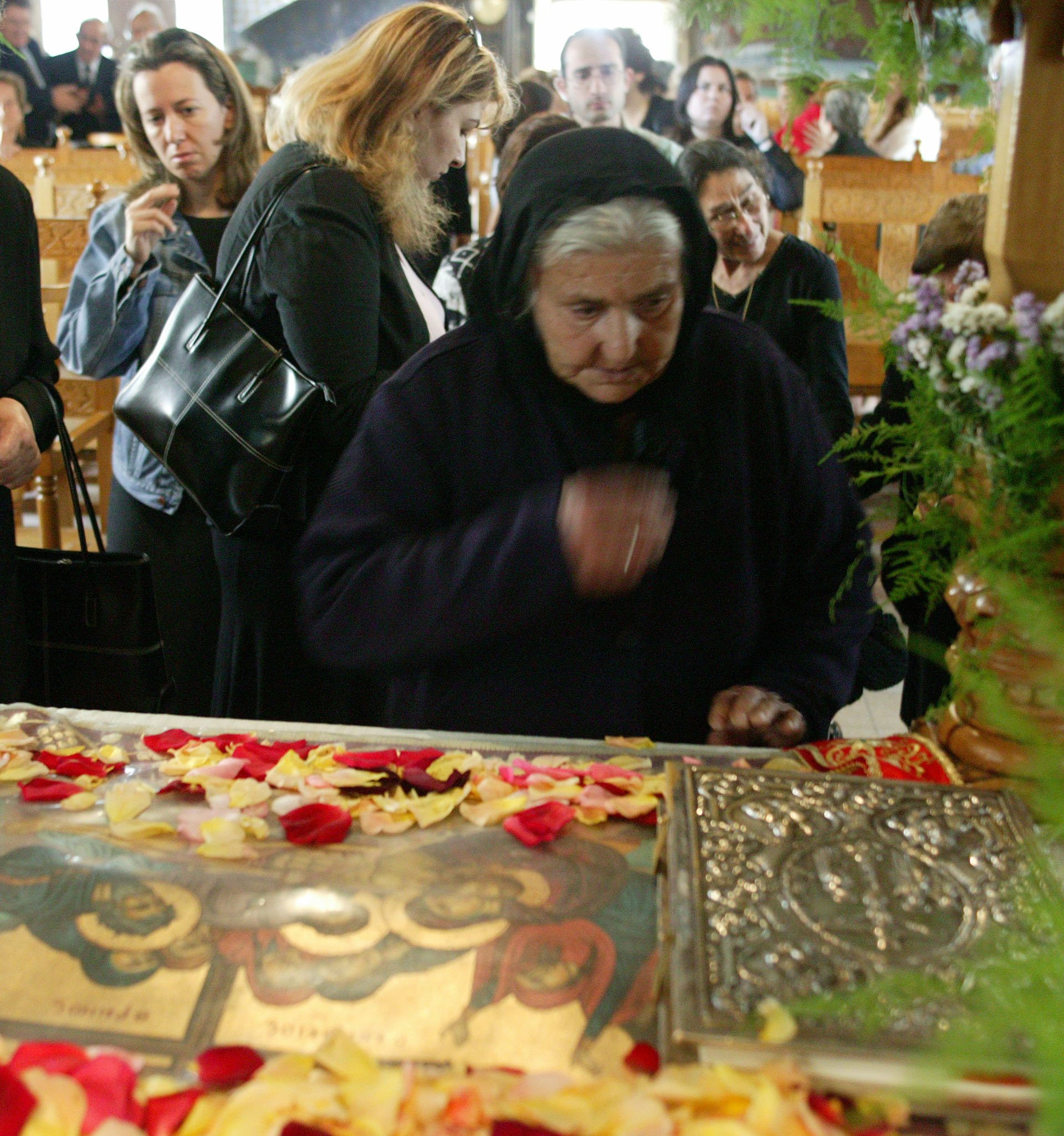Europe is united on some things, but religion isn’t one of them. The north is secular, the south and east more devout. Easter in the UK is mostly an excuse for eating chocolate, at least that’s the narrative; bringing religion into it is seen as provocative, and potentially offensive. In Cyprus, on the other hand, churches have been unashamedly packed these past few days, culminating in tonight’s Resurrection Mass and the ritual of the passing of the Holy Light, accompanied by the ‘Christos Anesti’ chant which even children know.
That said, most of the people packing churches during Easter week aren’t regular churchgoers. This is important, because it points to the fact that religion is primarily a social glue. Orthodoxy doesn’t share the Catholic fixation on sin and punishment (it never subscribed to the idea of original sin), being more about collective than individual salvation. And of course, in Cyprus specifically, the Church has long been associated with politics more than religious matters.
The faith is strong, but for how much longer? It’s no secret that numbers are dwindling, though statistics are hard to come by. The situation isn’t as bad as in northern Europe, but a study by Kapa Research in Greece found that 14.7 per cent of Greeks described themselves as atheists in 2016, up from two per cent 10 years earlier. Cyprus can’t be far behind.
The antics of senior Church officials aren’t helping either. The bishop of Morphou is the designated villain, his controversial comments including the infamous claim that gay men have a ‘nasty smell’ – but the archbishop is, if anything, even more divisive, widely seen as high-handed and lacking humility. Religion is increasingly the enemy of anyone who considers themselves forward-thinking and may soon become as terminally unfashionable here as it is abroad.
What will happen, in that case? One obvious takeaway from the formerly Christian nations of the EU is that they’ve struggled – and continue to struggle – to fill the vacuum created by ditching Christianity. Generic virtues like kindness and tolerance have proved inadequate to inspire society. The same is true of ‘European values’, whatever they may be. Instead, new quasi-religions have sprung up – notably on the Left (the more secular side) where so-called woke beliefs are pursued with a passion that’s closer to religious faith than politics.
There’s another aspect, which is that Cyprus is becoming multicultural. More and more migrants are arriving, and many will stay on. Will they ever assimilate enough to become Greek Orthodox? Or would it be better to find some other social glue, while we still have the luxury of choosing?
Unlike Christmas – where everything from the turkey to Santa Claus is essentially a foreign import – Easter is a true traditional Cypriot ceremony. It’s encouraging that so many people continue to fast and go to church during holy week – but the world is changing, and the social-media generation may lose interest in such customs. Like it or not, it’s the Church’s job to try and ensure that Easter remains meaningful, and doesn’t just collapse into empty ritual.







Click here to change your cookie preferences